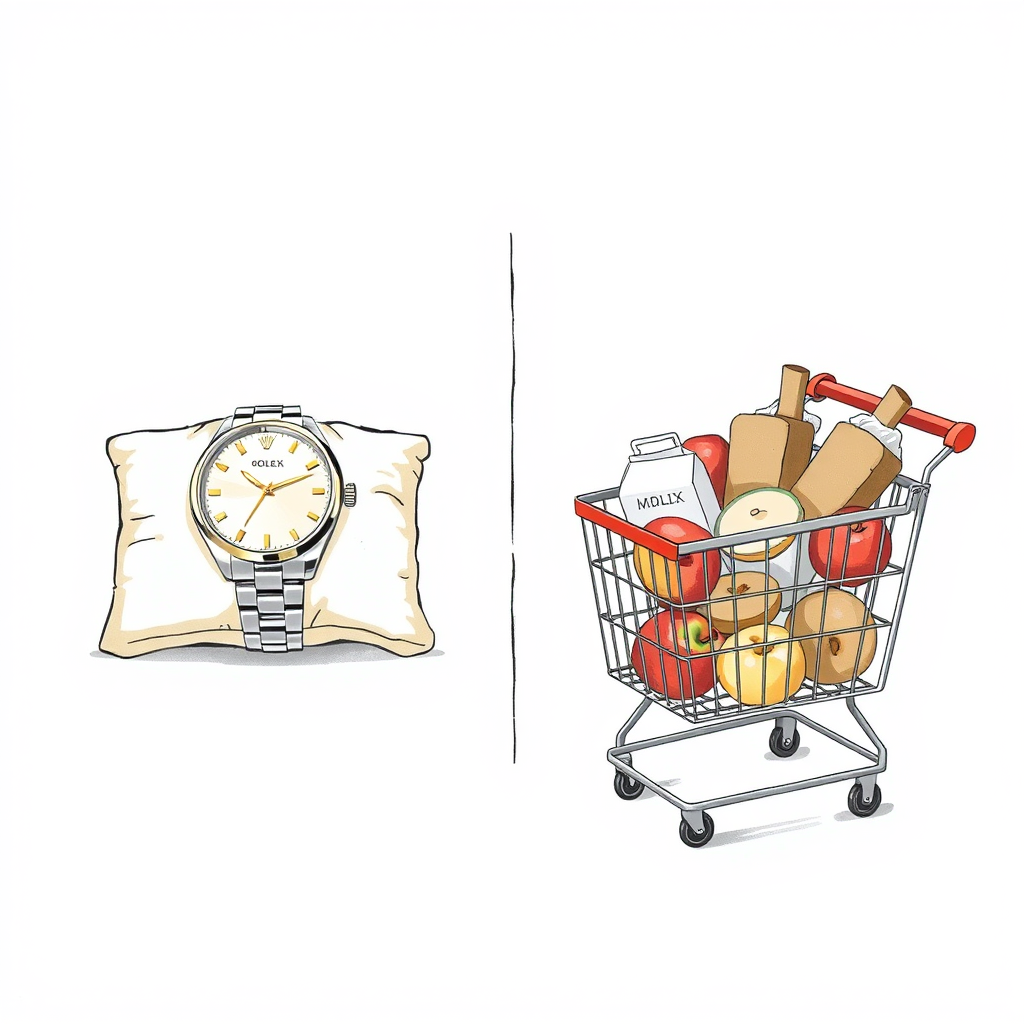CNN Host Questions Who Actually Buys Rolex?

CNN host Brianna Keilar challenged “Shark Tank” star Kevin O’Leary during a discussion about the impact of Trump-era tariffs, questioning the relevance of luxury goods like Rolex watches to broader economic concerns. The exchange occurred as O’Leary cited a recent 3% price increase by Rolex, attributing it to tariffs imposed on Switzerland despite the lack of a trade imbalance between the two countries.
Keilar sharply interrupted O’Leary, pointing out that Rolex watches are not an everyday purchase for most Americans. “Everyone knows about Rolex, but like, who buys a Rolex? A lot of people do not buy a Rolex watch, right?” she stated, pivoting to question the logic of using the luxury item as an example of tariff impact.
O’Leary defended his point, asserting that Americans do purchase Rolex watches. Keilar countered by emphasizing that foregoing a Rolex purchase wouldn’t significantly impact a family’s basic needs, suggesting the example lacked resonance with the economic struggles of many. She further questioned whether the purchase wouldn’t potentially come at the expense of providing for children, particularly during the holiday season.
The conversation then shifted to former President Trump’s controversial analogy of “two dolls instead of 30,” used to illustrate potential economic sacrifices. Keilar pressed O’Leary on whether the messaging was effective, to which he conceded it was “tough love” that didn’t land well.
Keilar, however, reiterated that the issue extended beyond toys, highlighting the broader range of necessities people require. O’Leary playfully acknowledged her earlier criticism by referencing his “watch analogy,” underscoring the point that luxury goods, while affected by tariffs, represent a small segment of consumer spending.
The exchange highlights a fundamental disconnect in framing economic policy. While tariffs undeniably impact prices, using luxury items as primary examples risks minimizing the real hardships faced by those for whom even small price increases on essential goods can be significant. Keilar’s challenge effectively exposed the limitations of O’Leary’s argument, forcing a consideration of who truly bears the brunt of such policies.